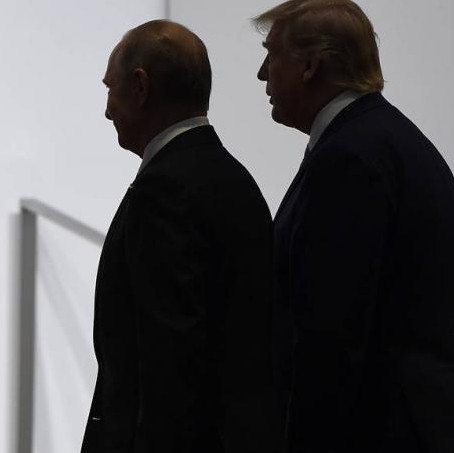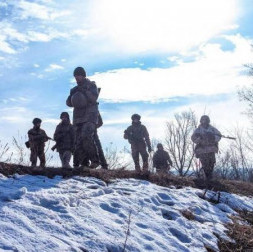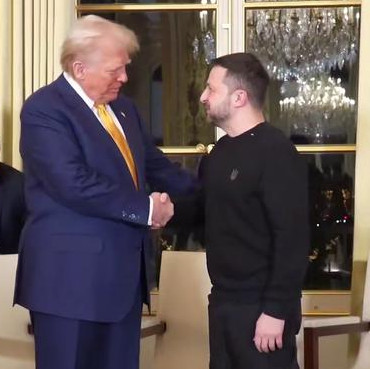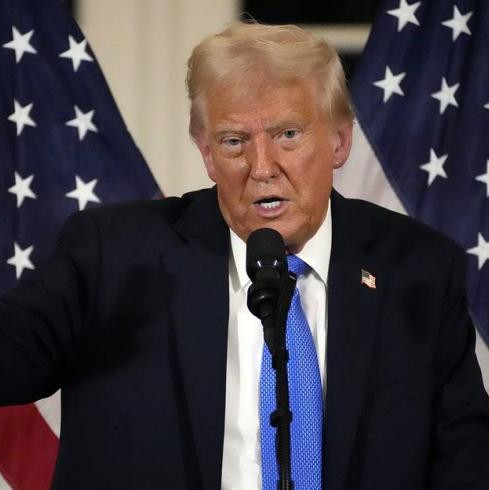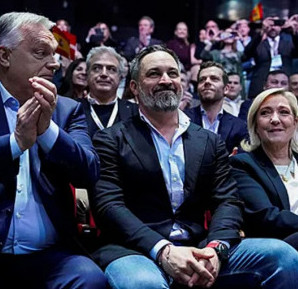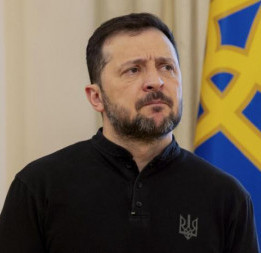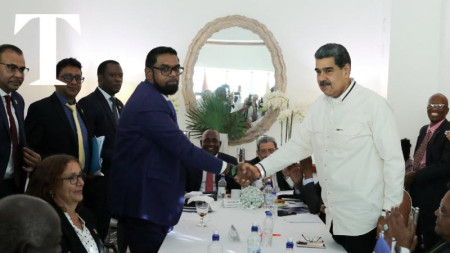
Guyana and Venezuela have agreed to avoid any use of force and not escalate tensions in their long-running dispute over the oil-rich Essequibo region. Following their meeting held in the Caribbean island-country of Saint Vincent and the Grenadines, presidents Irfaan Ali and Nicolas Maduro said in a joint communique that "under no circumstances will they threaten or use force against each other" and "will refrain, whether by words or deeds, from escalating any conflict or disagreement."
Heads of the two conflicting states met through mediation of the United Nations, the Caribbean Community (CARICOM), the Community of Latin American and Caribbean States (CELAC), Brazil and Colombia. Earlier, the President of Guyana said he did not intend to discuss national borders with Venezuela. This caused concern in the region and was perceived as a threat to disrupt the planned meeting between Maduro and Ali. Nevertheless, diplomatic efforts by dialogue mediators have been a success. And now countries of Latin America and the Caribbean can take a sigh of relief: there is going to be no war.
In their joint statement, the Presidents of Venezuela and Guyana said disputes would be resolved in compliance with international law. However, there is a reservation that the Maduro government will not recognize the International Court of Justice of the United Nations Guyana appealed to resolve the conflict. But one way or another, tensions in the region caused by the conflict between Venezuela and Guyana have subsided greatly. The two leaders agreed that they will continue the dialogue in Brazil throughout the next three months.
"It was a fruitful day, albeit stressful at times, and we managed to speak truth," Maduro said back in Venezuela. He thanked the President of Guyana for his "frankness and willingness to engage in a thorough dialogue." "Defending the truth about Venezuela was worth it," he said, referring to the meeting as a "triumph of diplomacy."
For his part, the President of Guyana maintained the atmosphere of mutual understanding but still hinted that his country enjoyed protection of the United States and other Western countries. "Guyana does not seek war but reserves the right to work with all our partners to ensure the protection of our country," Ali said after the meeting with Maduro. Earlier, he had secured some commitments from Washington, confirming the fact of consultations with "friends from the US State Department and Department of Defense," which allegedly gave him reason to hope that Guyana’s interests would be respected. It could have also enlisted support of a number of other countries, particularly China, which, along with the American Exxon Mobil, is part of a consortium for producing oil in a disputed shelf section of the Essequibo area. But anyway, both Maduro and Ali’s conciliatory tone indicates that the parties have moved away from the escalation-bordering threshold fraught with a direct armed clash at any moment.
In late November, the Venezuelan leadership stunned the international community, particularly its neighbor Guyana, by once again revisiting claims to that country’s western part. The disputed area known as the Essequibo zone — named after the local deep river — covers 160,000 square kilometers which is larger than the United Kingdom or Greece. The soil is rich in minerals and other natural resources, with their diversity being just amazing. The key asset is the vast oil field discovered here in 2015.
The Essequibo area has been disputed by Venezuela and Guyana for two centuries. The south-to north-streamflow running into the Atlantic divides present-day Guyana in half. Venezuela deems it as the natural border between the two countries, which has been naturally rejected by the authorities of Guyana, Britain’s former colony Guiana.
The conflict escalated after the nationwide "consultative" referendum on the fate of the disputed territory arranged by official Caracas on December 3. The Venezuelan-claimed left bank of Essequibo is the greater part of present-day Guyana occupying six of its ten administrative regions. 95% referendum voters endorsed the annexation of Essequibo, making Guyana declare the venue illegal and begin "consultations" with the United States and other countries. Earlier, Guyana appealed to the International Court of Justice in the Hague, seeking to secure a judgement on the issue.
Following the fruitful peaceful dialogue in the capital of Saint Vincent and the Grenadines between the leaders of Venezuela and Guyana, political observers in Latin America have developed a conviction that the Maduro-initiated referendum was a mere attempt to rally his people’s sentiment ahead of the upcoming presidential election of 2024, not a prelude to invading Guyana and annexing Essequibo.
The point is that Venezuela’s military solution would greatly complicate the way things stand for it domestically and internationally. Moreover, the conflict itself could have unpredictable effects for the region, including Venezuela’s oil production as it owns the world's largest reserves. Now there is every reason to expect that the 200-year-old dispute between Venezuela and Guyana (British Guiana until 1966) is going to smolder within a diplomatic framework, if at all.
